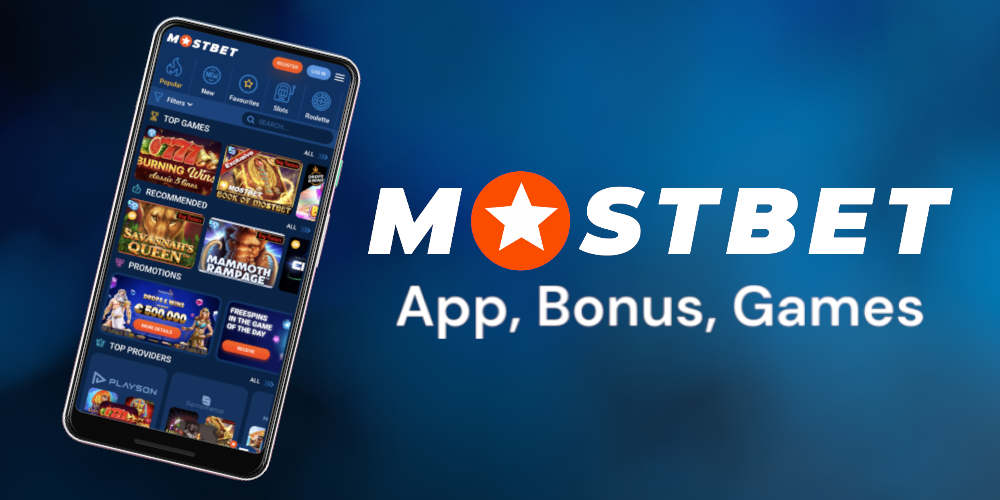
Social Media and Gambling: Exploring the Connection
In today’s digital age, the intersection between Social Media and Gambling https://betandreasaz27.com/ has become increasingly prominent. The advent of social media platforms has transformed the way gambling industries market their products and engage with users. This article delves into the relationship between social media and gambling, discussing how both realms influence one another, the emerging trends, regulatory challenges, and the social implications of this evolving dynamic.
The Rise of Social Media
Since the early 2000s, social media has experienced exponential growth. Platforms such as Facebook, Twitter, Instagram, and TikTok have become essential parts of modern communication. These platforms enable users to connect, share, and engage with content in unprecedented ways. Industries have taken note and integrated these platforms into their marketing strategies, recognizing the value of reaching audiences where they spend a significant portion of their time.
Impact on the Gambling Industry
Gambling companies have adapted quickly to the social media landscape. The industry has utilized targeted advertising, influencer marketing, and user-generated content to attract potential customers. Social media allows for direct interaction with users, creating a community around gambling brands. This community-building is particularly effective among younger audiences who are more likely to engage with brands that have a strong social media presence.

Trends in Social Media Gambling
One notable trend is the increasing use of live streaming for gambling activities. Platforms like Twitch have seen a significant rise in content creators sharing their gaming experiences, including those related to gambling. This has created a new avenue for gambling companies to reach audiences, showcasing their games and services in real time. Additionally, social media influencers who share their gambling experiences can drive engagement and lend credibility to various gambling brands.
Regulatory Challenges
The convergence of social media and gambling has not come without its challenges. Regulatory bodies are grappling with the implications of advertising gambling on social media platforms. The rapid pace of digital innovation often outstrips the ability of legislative frameworks to keep up. As a result, there are concerns regarding responsible gambling, particularly among vulnerable populations.
Regulators are increasingly focusing on how gambling companies promote their services on social media, ensuring that advertising is not misleading and that it adheres to guidelines regarding responsible gambling practices. Many jurisdictions are considering tighter regulations on how gambling is marketed online, especially to younger audiences. As the industry evolves, it is crucial for gambling companies to navigate these regulatory waters carefully.
The Role of Responsible Gambling Initiatives

With the integration of gambling and social media, responsible gambling initiatives have gained prominence. Many gambling companies are leveraging social media platforms to promote responsible gambling messages and tools. This includes self-exclusion options, limits on betting amounts, and access to support resources.
Campaigns that promote responsible gambling aim to educate users about the risks associated with gambling and encourage a healthy approach to entertainment. Social media is particularly effective for these campaigns as it allows for real-time engagement and the dissemination of information to a wide audience.
The Future of Social Media and Gambling
The future relationship between social media and gambling is likely to continue evolving. As technology advances, we can expect to see more integration of artificial intelligence and machine learning to personalize the gambling experience on social media. Additionally, augmented reality (AR) and virtual reality (VR) technologies may reshape how users interact with gambling platforms, creating immersive experiences that blend social interaction and gaming.
Furthermore, as gambling legislation continues to evolve globally, companies will need to remain agile in their marketing strategies on social media. Engaging with customers in a responsible and ethical manner will become increasingly important as the public becomes more aware of the potential risks associated with gambling.
Conclusion
The interplay between social media and gambling represents a fascinating aspect of modern consumer culture. As both sectors continue to adapt and influence one another, understanding this dynamic is crucial for stakeholders in both industries. Whether it is through innovative marketing strategies, community engagement, or discussions around responsible gambling, the relationship between social media and gambling will undoubtedly shape the future of entertainment and leisure activities for years to come.
